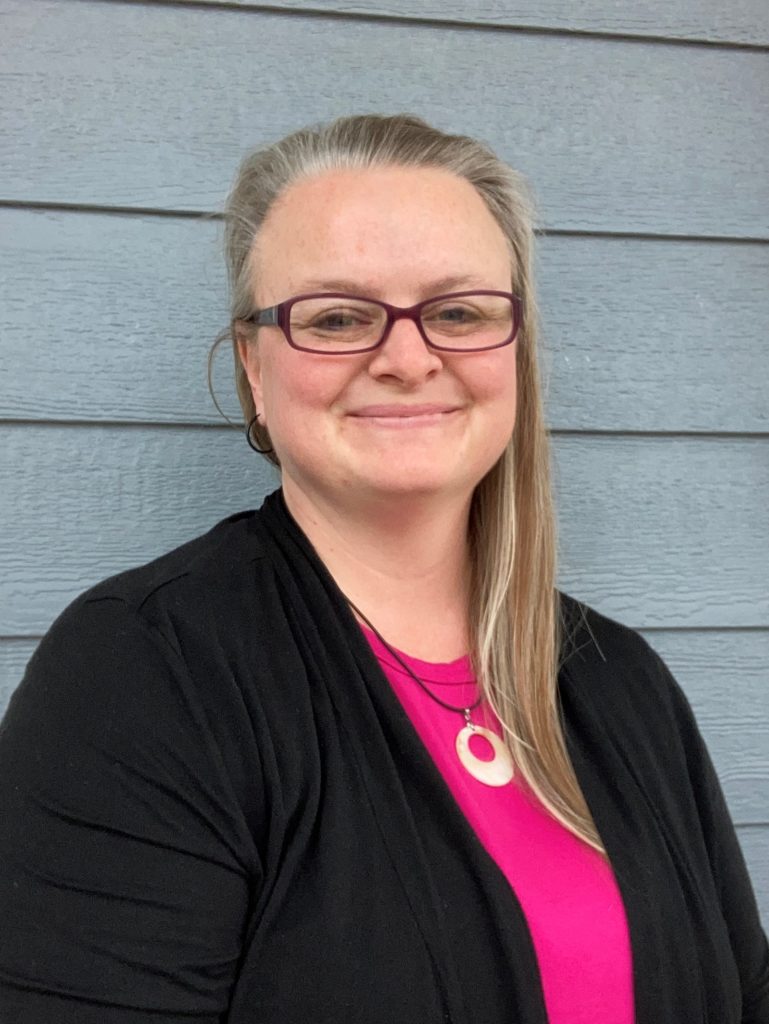Guest Blogger: Melanie Nichols

This March, we are sharing a special series of blog posts from Melanie Nichols. This series was originally posted in February 2021. You can find Melanie and her blog here. If you would like to submit to our blog, please email us.
An anonymous quote says, “Children who aren’t held accountable for their choices grow up to be adults who believe they can do nothing wrong.” As loving parents and teachers, we want our kids to grow up knowing that their choices matter, that their actions can impact others, and that when they make mistakes – as we all do – there is usually a way to help make amends. It is natural for children to want to avoid consequences and pass the blame to others – sometimes, we as adults even find ourselves tempted by these “easy out” behaviors. By setting consistent boundaries and enforcing appropriate limits, we provide our children a secure foundation from which to grow. According to an article on Parent.com (link below), teaching accountability means teaching kids to “right their wrongs, whether or not someone is watching.” The article highlights 5 very key points to keep in mind when teaching accountability –
1 – be consistent
2 – allow kids to be responsible for their actions
3 – accountability is not about punishment
4 – provide choices
5 – be a good example
Teaching our kids to be accountable for their actions is a process that takes time and intentionality, but their future is well worth the investment.
Parent.com Culture of Accountability


Recent Comments